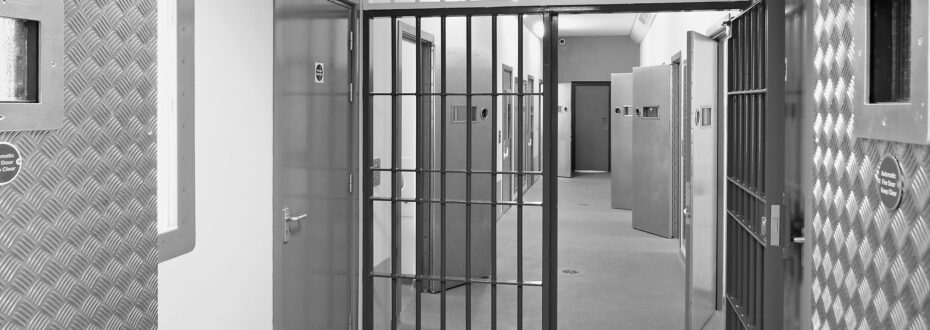Systems, services and legislation all need to change to protect the mental health of people in prisons in England, according to a report published today by Centre for Mental Health.
The future of prison mental health care in England, by Dr Graham Durcan, is the report of a consultation by Centre for Mental Health, which was commissioned by NHS England and NHS Improvement.
The report finds many examples of good and innovative practice in prison mental health services in England, including peer support and psychological interventions. But these are not universal and wider change is needed to improve mental health among people in prison. Too many people end up in prison on remand or on a short sentence when community alternatives might have been better. Prison mental health teams can’t deal with people’s complex needs alone, the whole prison workforce needs a better understanding of how to support wellbeing among prisoners. Prisoners still suffer from lack of continuity of care, and complex systems create barriers to treatment.
Sadly, the measures taken to protect people from Covid-19, such as confining them to cells for long periods and reducing activities, exacerbated the risk to mental health. Some prisons missed opportunities to offer digital mental health support during the crisis. Where there has been digital innovation there is great potential for far reaching benefits in addition to face to face services.
The future of prison mental health care in England supports proposed changes to the Mental Health Act to speed up transfers to and from hospital – including a maximum wait of 14 days. And it calls for changes to the Bail Act to prevent people being imprisoned by the courts ‘for their protection’.
The report says that community sentence treatment requirements should be expanded to give the courts more alternatives to custodial sentences. It calls for all prisons to become ‘trauma informed’ environments where all staff members are trained adequately to understand the needs and vulnerabilities of the prison population. And it says that NHS Integrated Care Systems must take responsibility for providing continuity of care to people entering and leaving prison.
Report author Dr Graham Durcan said: “Centre for Mental Health has been reviewing prison mental health care for more than 15 years. In that time, we have seen tangible improvements in the support people get from prison mental health services. But we have also seen worrying rises in suicide deaths and self-harm incidents. In some ways, prisons are less safe than they were 15 years ago.
“Our recommendations will help to make people safer. By implementing them, we can keep more vulnerable people out of prison and speed up transfers to hospital when they need urgent treatment. By making prisons trauma-informed we can put wellbeing and rehabilitation back at the heart of our criminal justice system, which will benefit everyone. And by placing a clear responsibility on Integrated Care Systems to secure effective mental health care for people leaving prison we can ensure people continue to get the support they need when they’re released.”








